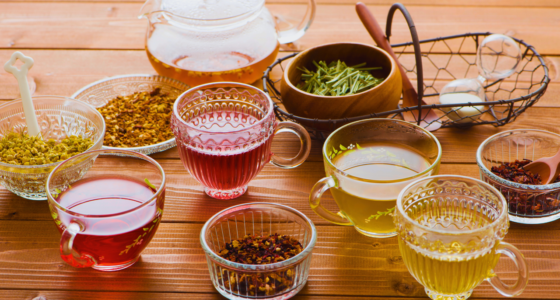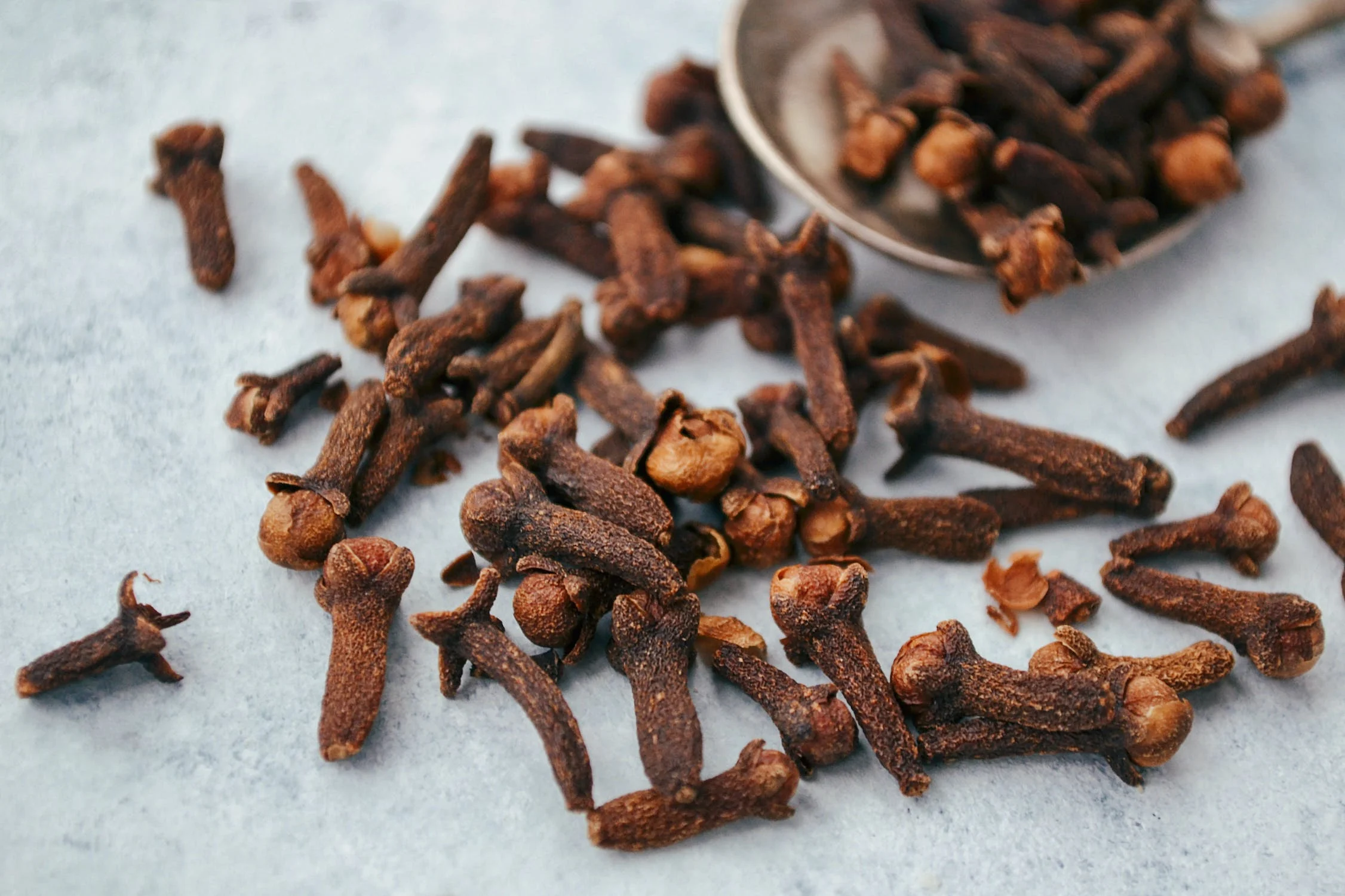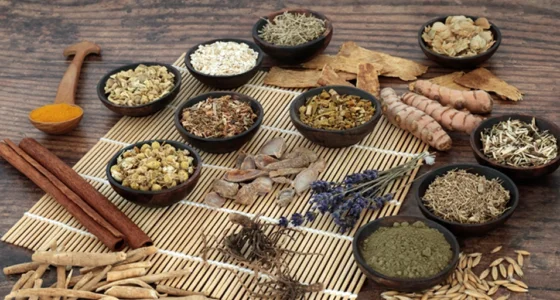When it comes to improving gut health, probiotics always take the limelight. However, along the same line, prebiotics are also gaining popularity as they also promote a thriving and balanced digestive system.
Prebiotics primarily function as food for good gut microbes and are an essential component of a healthy diet. However, enjoying these benefits begins with being able to identify the best foods rich in prebiotics that you can incorporate into your diet.
So, what exactly are prebiotics, and why are they highly recommended in the nutrition world? This article will answer these questions and discuss the best foods you can eat to boost your gut health.
What Are Prebiotics?
Prebiotics are food compounds that not only support the growth of the gut microbiome but also serve as powerful allies for gut health. These non-digestible fibers act as fuel for the good gut bacteria, helping them thrive and contributing to a healthier you. You can find these beneficial compounds in specific foods, including soluble fiber, oligosaccharides, and resistant starches.
Unlike probiotics, prebiotics do not contain live microorganisms. The compounds are found in specific foods, including soluble fibre, oligosaccharides, and resistant starches. These foods are non-digestible but travel to the colon, where they undergo fermentation, contributing to overall gut health.
Food can be classified as prebiotics only if it is resistant to the stomach’s acidic pH, cannot be hydrolyzed by digestive enzymes, and is not absorbed in the digestive tract. The food should also be readily fermented by intestinal bacteria and able to stimulate their growth and activity.
Below are some foods that best suit this category:
Top 10 Prebiotic Foods
1. Chicory Root
Chicory root is rich in inulin, a type of soluble fiber. Inulin not only nourishes beneficial bacteria in the gut but also aids digestion, and supports regular bowel movements, promoting general gut health.
You can incorporate chicory root into your diet by roasting it and adding it to salads. You can also consider brewing the chicory root tea or even using the chicory root powder as a coffee substitute.
2. Garlic
Garlic is a common herb and spice that has diverse uses in the kitchen. The root vegetable contains inulin as well as manganese and Vitamins C and B6, which are all essential for better health. Research shows that garlic has anti-inflammatory, antioxidant, and lipid-lowering properties.
Due to its antimicrobial properties, garlic supports the immune function and can also reduce blood pressure besides improving cholesterol levels. You can use raw or cooked garlic to enjoy its health benefits. Consider adding raw garlic to dressing, spreads or sauces. Likewise, roasted or sauteed garlic goes well with various soups, roasted veggies, and stir-fries.
3. Onions
Like garlic, onions are also another commonly used vegetables due to potential health benefits. According to the National Onion Association, onions contain quercetin, an antioxidant flavonoid, vitamin C, and organosulfur.
A review by the National Institute of Health also shows that onion has anti-inflammatory properties and can support heart health and regulation of blood sugar and cholesterol levels when taken in adequate amounts.
You can enjoy onions raw in salads, salsa, or sandwiches.But you can also cook them in stew and stir-fries or even caramelize them to add sweetness in certain dishes.
4. Leeks
Leeks are high in vitamins A,K, and C, including fiber, folate, and inulin. They are sister plants to garlic and onion, which means they also offer immense health benefits.
Coos County Friends of Public Health suggest that leaks not only support gut health but also offer antioxidant protection and contribute to bone health and blood clotting. Leeks are also known to protect the body against cancer and heart disease.
You can use cooked or raw leeks in stews, soups, quinches. You can even use it as a flavorful addition to salads, omelettes, and pasta dishes.
5. Asparagus
Asparagus not only contains inulin and saponins, they are also rich in vitamins, A,C,E,and K, including potassium, iron, thiamin, and folate. Inulin can lower plasma lipid levels and also nourish healthy bacteria in the colon, improving overall digestive health.
Asparagus offers anti-inflammatory and antioxidant benefits. Besides, an open clinical trial published by National Library of Medicine shows that asparagus can help in the regulation of blood sugar levels, preventing hyperglycemia.
You can prepare and serve asparagus in diverse ways. For instance you can steam, grill, roast, or even saute the highly nutritious vegetable. Other than that, asparagus go well with salads, pasta dishes, or omelets. But if you like them chewy, go ahead and take them as a crunchy snack.
6. Unripe Bananas
Unripe green bananas are dense in pectins and resistant starch, a type of prebiotic fiber. As explained by Dr. Josh Levitt, the resistant starch in unripe bananas is not broken down by the amylase in the saliva, supporting gut health as well as satiety and weight management. It can also help control spikes in blood sugar levels, hence ideal for people with diabetes when taken in moderation.
There are diverse ways to eat green bananas as well as recipes for the same. You can use them to make smoothies, bake them, or even use them as a substitute for potatoes in savory dishes, such as curry or stew.
7. Barley
Barley contains both soluble and insoluble fiber. According to one review, it contains roughly 2 to 20 grams of beta-glucan, a soluble fiber, per 100 grams. Beta-glucan, a prebiotic fiber, supports digestive health as it acts as fuel for the friendly bacteria in the digestive tract.
This populare cereal grain has other benefits and uses other than making beer. In addition to gut health, barley also helps regulate cholesterol and blood sugar levels, besides offering a boost in energy.
You can use barley in stews, soups, salads or as a substitute for rice and other grains.
8. Oats
Oats are another type of grain that is also rich in beta-glucan. Oats offer more protein than most grains and contain antioxidants, vitamins and minerals. Beta-glucan support digestion and boost emptying of the bowel, which lowers the risk of constipation, according to a review by Frontiers in Nutrition. Other than its digestive function, eating oatmeal can also boost heart health and help regulate blood sugar levels.
Oats are a common breakfast dish and can be enjoyed with fruits, nuts, and seeds. You can also incorporate them into muffins or cookies. Oat flour can also serve as a great ingredient for pancakes and bread.
9. Apples
As popular as they are, apples offer immense nutritional benefits. As reviewed by Havard Schhol of Public Health, apples are one of the many foods rich in soluble fiber along with vitamins, minerals, and phytochemicals such as catechin, chlorogenic acid, and quercetin, which are strong antioxidants.
The soluble fiber present in apples aids in digestive health, weight management, and regulating blood sugar levels. Besides, research shows that the antioxidant properties present in the fruit reduces individual risk of several diseases, including heart disease and some types of cancers.
You can enjoy apples as a snack or add it to salads, oatmeal, or even baked food.
10. Flaxseeds
Flaxseeds often find their way in a variety of foods due to their versatility. Most people are fond of adding flaxseeds to smoothies, salads, oatmeal, or yogurt.
Although tiny, a review published in the National Library of Medicine shows that these seeds are rich in dietary fiber (40%), with soluble fiber accounting for 25% and insoluble fiber 75%. They also contain omega-3 fatty acids, lignana, and mucilage.
While they are also loaded with important vitamins and protein, eating flaxseeds can boost your digestive health, promote heart health, and regulate blood cholesterol levels. The Alpha-linolenic acid in flaxseed produces a positive effect on blood lipids as it can significantly lower plasma total cholesterol, LDL, and VLDL cholesterol.
Frequently Asked Questions
Is Cabbage a Prebiotic?
Cabbage is a great prebiotic as it contains fibers, including inulin and oligofructose, which are considered prebiotics. These fibers serve as food for beneficial bacteria in large instestines, promoting gut health.
What Food Has Both Prebiotic and Probiotic?
Foods like onion, tomatoes, yogurt and kefir contain both prebiotics and probiotics. Fruits like bananas, asparagus, and apples are also a rich source of prebiotics and probiotic properties.
Which is the Best Prebiotic Supplement for Gut Health?
The best prebiotic supplement for gut health can vary depending on individual health needs and preferences and dietary requirements. Some popular prebiotic supplements include Ritual Synbiotic, Transparent Labs Prebiotic Greens, and Bio Schwartz Advanced Prebiotic. So consult with a healthcare professional for personalized recommendations.
The Bottom-line
The quest for healthy foods continues to grow among different communities, and so is the need to maintain a healthy digestive system. And when it comes to keeping up with the nutritional trends, it is equally important to remind yourself of the need to stock up foods rich in prebiotics.
While there are many options out there, scrutinising your decision and purchasing only what works best for you can help you go a long way in maintaining a happy gut. As usual, you don’t have to take it all at a go, you can gradually experiment with a variety of whole grains, veggies, fruits, and dietary products, like yogurt to increase your prebiotic intake.
- Top 10 Weight Loss Myths Debunked - August 15, 2024
- Beef and Vegetable Stew - May 8, 2024
- 5 Minute Smoothie Recipe: A Must Try Smoothie - May 2, 2024









11 comments
Can you be more specific about the content of your article? After reading it, I still have some doubts. Hope you can help me.
أنابيب الحديد الزهر في العراق تفخر مصنع إيليت بايب بكونها واحدة من الموردين الرائدين لأنابيب الحديد الزهر في العراق. تُصنع أنابيب الحديد الزهر لدينا وفقًا لأعلى المعايير، مما يوفر متانة وموثوقية استثنائية لمشاريع البنية التحتية المختلفة. مثالية لأنظمة المياه والصرف الصحي، تُعرف هذه الأنابيب بقوتها وطول عمرها. يضمن التزام مصنع إيليت بايب بالجودة أن توفر أنابيب الحديد الزهر لدينا أداءً أمثل ومرونة، مما يجعلنا الخيار المفضل للمقاولين والمهندسين في جميع أنحاء المنطقة. لمزيد من المعلومات حول أنابيب الحديد الزهر لدينا، يرجى زيارة موقعنا الإلكتروني على ElitePipe Iraq.
Your point of view caught my eye and was very interesting. Thanks. I have a question for you.
Your point of view caught my eye and was very interesting. Thanks. I have a question for you. https://accounts.binance.info/en/register-person?ref=JHQQKNKN
Thank you for your sharing. I am worried that I lack creative ideas. It is your article that makes me full of hope. Thank you. But, I have a question, can you help me?
Your point of view caught my eye and was very interesting. Thanks. I have a question for you.
I don’t think the title of your article matches the content lol. Just kidding, mainly because I had some doubts after reading the article.
شركة Bwer هي أحد الموردين الرئيسيين لموازين الشاحنات ذات الجسور في العراق، حيث تقدم مجموعة كاملة من الحلول لقياس حمولة المركبات بدقة. وتغطي خدماتها كل جانب من جوانب موازين الشاحنات، من تركيب وصيانة موازين الشاحنات إلى المعايرة والإصلاح. تقدم شركة Bwer موازين شاحنات تجارية وموازين شاحنات صناعية وأنظمة موازين جسور محورية، مصممة لتلبية متطلبات التطبيقات الثقيلة. تتضمن موازين الشاحنات الإلكترونية وموازين الشاحنات الرقمية من شركة Bwer تقنية متقدمة، مما يضمن قياسات دقيقة وموثوقة. تم تصميم موازين الشاحنات الثقيلة الخاصة بهم للبيئات الوعرة، مما يجعلها مناسبة للصناعات مثل الخدمات اللوجستية والزراعة والبناء. سواء كنت تبحث عن موازين شاحنات للبيع أو الإيجار أو التأجير، توفر شركة Bwer خيارات مرنة لتناسب احتياجاتك، بما في ذلك أجزاء موازين الشاحنات والملحقات والبرامج لتحسين الأداء. بصفتها شركة مصنعة موثوقة لموازين الشاحنات، تقدم شركة Bwer خدمات معايرة موازين الشاحنات المعتمدة، مما يضمن الامتثال لمعايير الصناعة. تشمل خدماتها فحص موازين الشاحنات والشهادات وخدمات الإصلاح، مما يدعم موثوقية أنظمة موازين الشاحنات الخاصة بك على المدى الطويل. بفضل فريق من الخبراء، تضمن شركة Bwer تركيب وصيانة موازين الشاحنات بسلاسة، مما يحافظ على سير عملياتك بسلاسة. لمزيد من المعلومات حول أسعار موازين الشاحنات، وتكاليف التركيب، أو لمعرفة المزيد عن مجموعة موازين الشاحنات ذات الجسور وغيرها من المنتجات، تفضل بزيارة موقع شركة Bwer على الإنترنت على bwerpipes.com
Thanks for another informative blog. Where else could I get that type of info written in such an ideal way? I have a project that I’m just now working on, and I’ve been on the look out for such information.
Thanks for sharing. I read many of your blog posts, cool, your blog is very good.
Your point of view caught my eye and was very interesting. Thanks. I have a question for you.